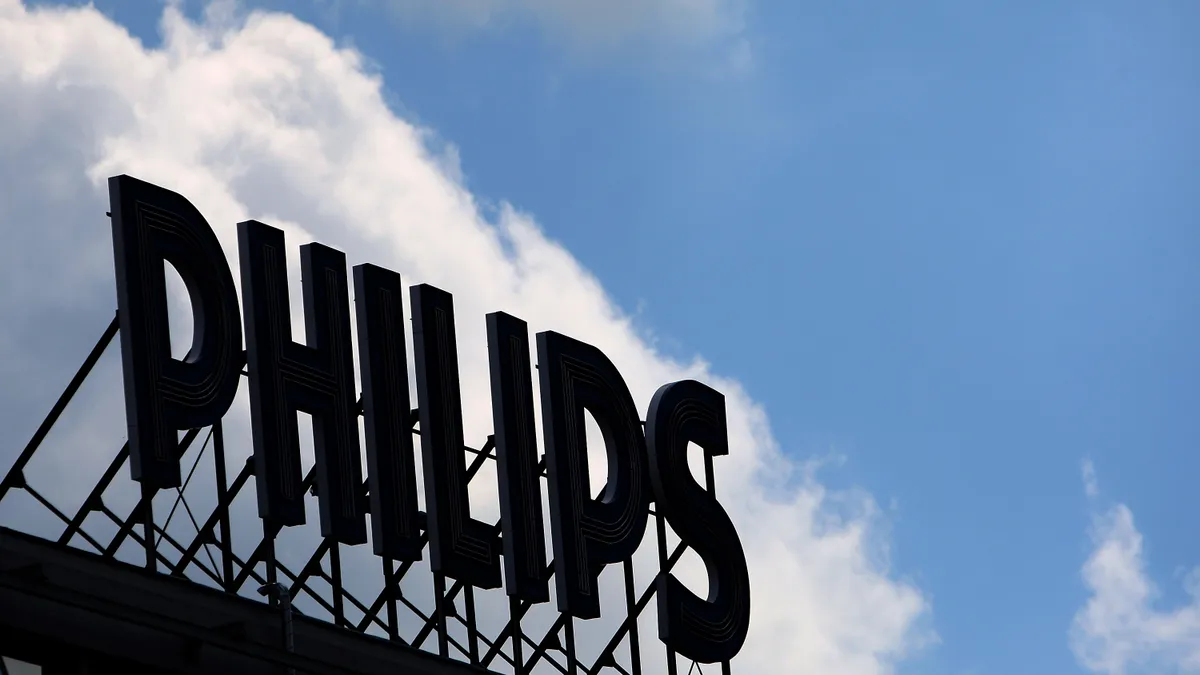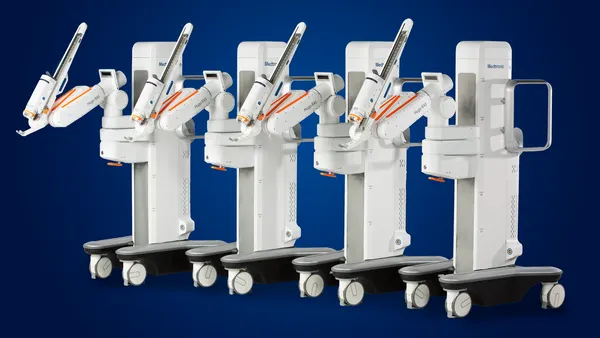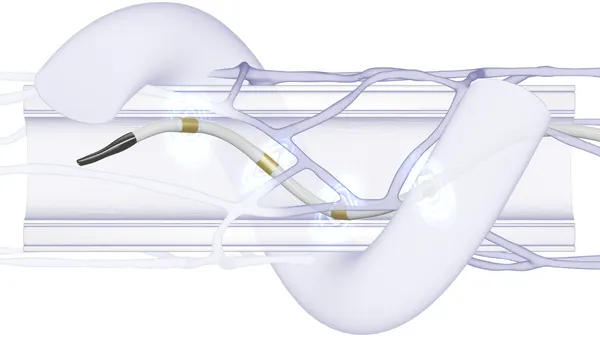By the numbers:
Each of Philips’ individual segments saw a decrease in sales in the second quarter compared to the prior-year period: its diagnostics and treatment business was down 4%, its connected care business was down 13% and its personal health business was down 5%.
The company attributed the decline to continued supply shortages and lockdowns in China during the quarter. To mitigate some of these challenges, the company said it is increasing prices and production, and shoring up its supply chain. For instance, Philips has found more than 300 alternate component suppliers who will be redesigning printed circuit boards, and is expanding long-term contracts with strategic suppliers, CFO Abhijit Bhattacharya said.
Because of these challenges, Philips is slashing its sales forecast for the year. It now expects 1% to 3% sales growth in 2022, compared to the 3% to 5% growth it had previously forecasted.
Philips executives spent a significant portion of Monday’s call talking about its recall of sleep apnea machines and ventilators, which now totals more than 5.5 million devices, prompted by concerns about the breakdown of sound-abating foam possibly exposing users to toxic chemicals.
In a Monday earnings call, Philips’ head of connected care Roy Jakobs said the company had received a proposed consent decree from the Department of Justice on July 18. The company is still in confidential discussions with the agency, said Jakobs, adding that he can’t speculate on the timing or outcome of any agreement. The DOJ subpoenaed Philips earlier this year, seeking information about the recall.
Philips has produced about 3 million repair kits or replacement devices so far, up from 2.2 million last quarter. It expects to have produced or shipped 90% of the replacements by the end of the year, consistent with its expectations last quarter.












